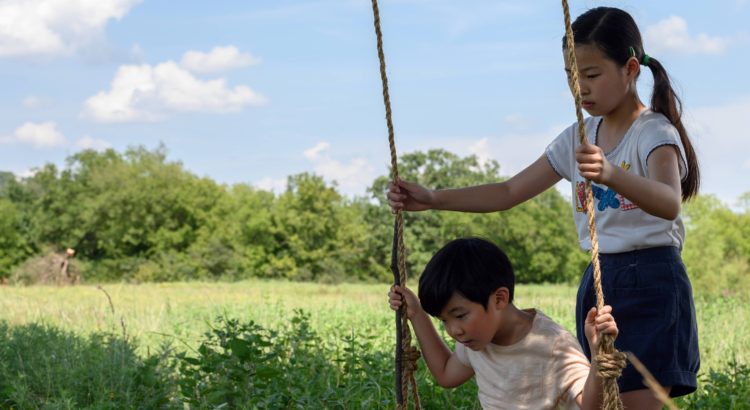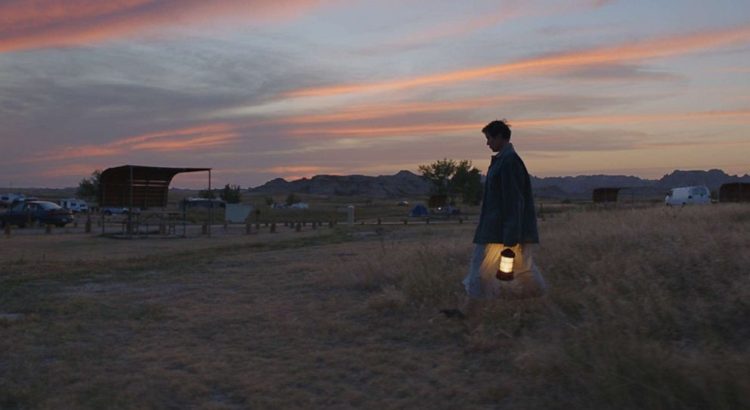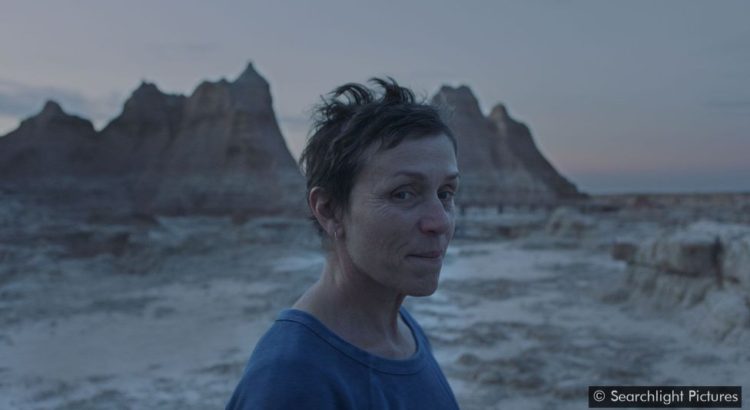Christopher Nolan’s Tenet opens with a thrilling hostage sequence that introduces the film’s central concept of inverted time. Shortly after the conclusion of the sequence, we see the lead protagonist seek out a scientist who advises him, “Don’t try to understand.” As the movie progresses, you realize that this line was written in for the audience.
Tenet follows a CIA agent who must prevent World War III by manipulating and traveling backwards through time. It isn’t time travel, but it is. It’s about inverting entropy. It’s confusing. However, the character motivations that drive the main plot are straightforward enough that even though you have no idea what’s going on, you’ll still have a good time.
The film’s action sequences can be largely credited for preventing the audience from leaving the theater or turning the movie off in frustration. I personally can lose interest in a movie during long fight or chase scenes, but Tenet’s action sequences are unique and engaging because of the inverted time. Objects that are inverted move differently – cars drive backwards, bullets are caught in guns, and waves flow in reverse. And because time can be manipulated, characters can move backwards in time to revisit certain situations. And though these characters are moving normally in their own eyes, non-inverted individuals will see these characters moving in reverse. Regardless of whether you think this concept is ridiculous or intriguing, you will surely appreciate the dedication of the cast and crew to the filmmaking process. Some scenes featuring time manipulation were filmed forwards and backgrounds. The composer, Ludwig Göransson created music that would sound the same forwards and backwards. Although the film is easy to criticize because of its debatably unnecessary complexity, there are just so many layers to the film that make the act of watching it such an immersive experience.
Furthermore, this is Nolan’s first film starring a nonwhite lead. John David Washington shines – he’s suave, funny, and has a strong moral compass. Some of Nolan’s past films have come under rightful criticism for only featuring underdeveloped female characters, and Tenet has come under scrutiny for presenting its female lead as a damsel in distress. However, I understood this character, Kat, played by Elizabeth Debicki, to be someone who merely starts out as a damsel in distress. Over the course of the movie, she develops more of a sense of self and comes to understand her own capabilities. Although Kat’s main motivations are centered around being a mother, she is not portrayed as weak or overbearing. Her character arc revolving around being reunited with a child is similar to that of Leonardo DiCaprio’s character in Inception. Although Kat is treated as a punching bag by her husband and she is a pawn in the Protagonist’s larger plan, I believe that she has a satisfying conclusion to her arc, and that Debicki’s stellar performance was that of a woman who proves she is no longer a damsel in distress.
If you like Inception and Interstellar or just Nolan’s films in general, you will at least be able to appreciate Tenet. I think it’s a pretty perfect film to watch right now: the action, cast, and score are all just engaging enough to fully immerse you into the movie-watching experience. I would recommend Tenet for anyone who is looking for a two-and-a-half hour break from reality.
Tenet is playing at the State Theater through Tuesday, November 10th, and it will be available digitally and on Blu-ray starting December 15th.







